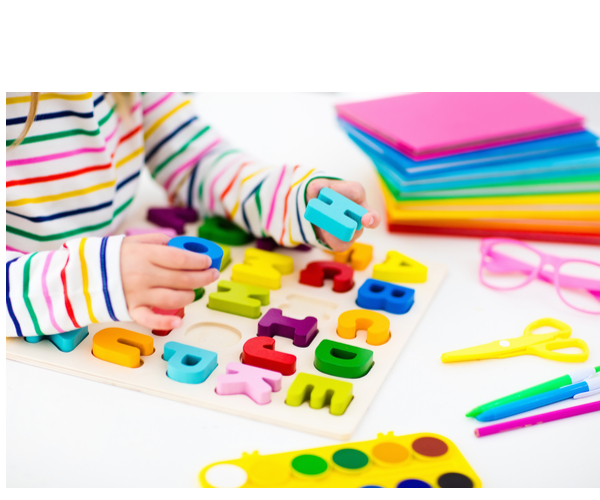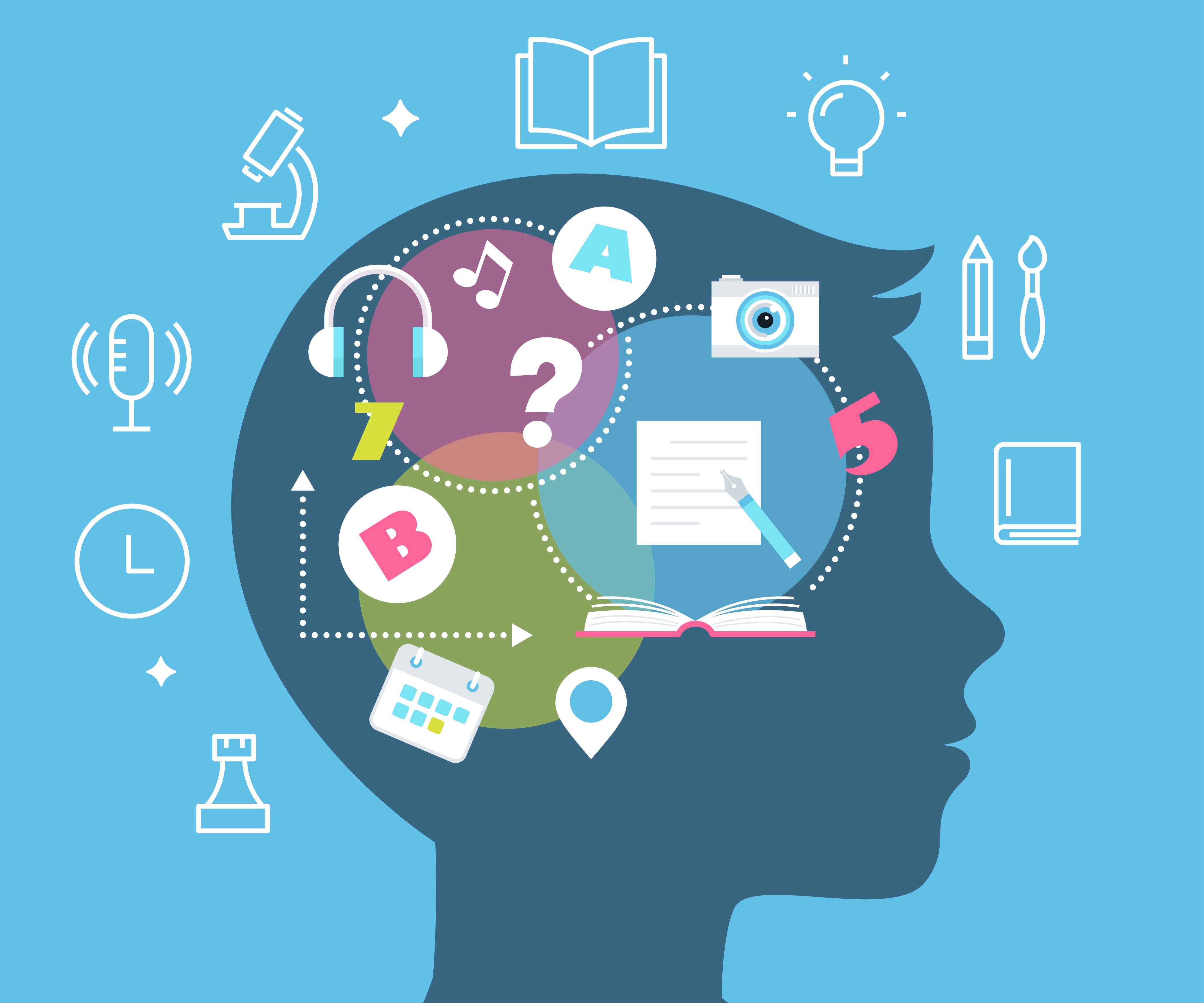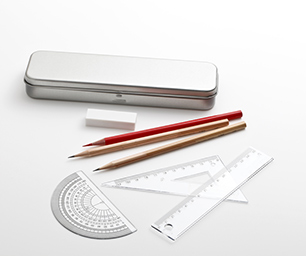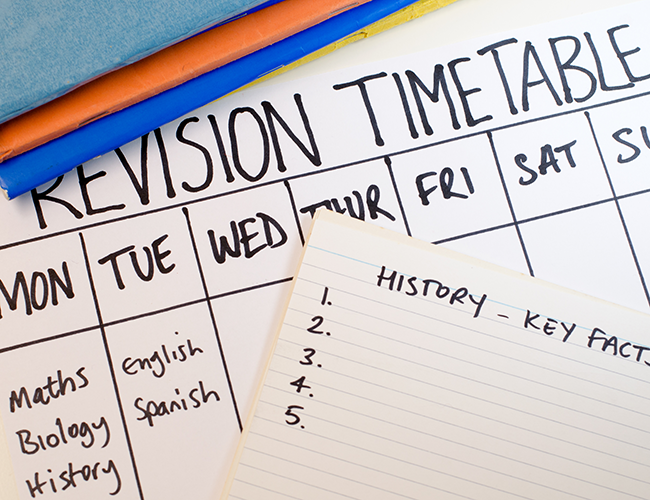- Year 1
- Year 2
- Year 3
- Year 4
- Year 5
- Year 6
- Year 7
- Year 8
- Year 9
- GCSE


EdPlace offers thousands of interactive learning resources from year 1 to GCSE, made accessible for children with SEND. We’re here to help support your child through their learning journey. We understand that finding the type of support your child may need can be daunting.
Mandy, our Head of SEND provides a generalised overview on some of the most common questions when it comes to supporting your child’s education.
Please note: It’s important to remember that each diagnosis is unique to the individual. There are personal, LA and regional differences in diagnostic routes and available interventions.
Dyspraxia is a condition affecting physical coordination, which causes a child to perform at a lower level than expected in daily activities for his or her age, and appear to move clumsily.
If you’re concerned that your child may have dyspraxia you should contact your GP. They can refer you on to an Occupational Therapist, SENCo or paediatrician to assess for DCD diagnosis. Symptoms are apparent at a young age, so it may be more likely that it’s diagnosed before your child starts full time school. There are factors that can increase the risk of DCD such as, premature birth, low birth weight or a family history of DCD. Dyspraxia can co-occur with other learning difficulties which can make it hard to diagnose.
Some behaviours and symptoms that you may see in a child with DCD
Children with Dyspraxia may have difficulty playing with toys that involve good coordination, such as stacking bricks. They may have some difficulties learning to eat with cutlery, writing, drawing and using scissors. This is due to poor hand-eye coordination or dexterity.
Your child’s handwriting and drawings may appear scribbled and more childish than other children their age. Getting dressed, doing up buttons, tying shoelaces and keeping still may also be difficult for your child. Children with DCD may swing their arms and legs or may have trouble standing still for short periods of time.
DCD Superpowers
People with DCD all have their own personal attributes and skills on top of DCD superpowers, such as resilience and adaptability! Adaptability is a great superpower to have as you can apply it to any situation that doesn’t suit your learning style. Using creative ideas to adapt an activity also requires strong resilience!
Additional support
There are lots of simple exercises you can do to help your child’s hand-eye coordination such as catching, throwing and rolling a ball to each other for example. These fun games will help your child develop their gross motor skills.
Scrunching up pieces of paper and hand/finger exercises will help with your child’s fine motor skills and dexterity.
EdPlace educational resources supports students with dyspraxia
Our blog posts give practical advice, offer simple strategies to help guide activities, and provide information on different talking points relating to Special Educational Needs and Disabilities.

EdPlace has been awarded the Smart Award from the British Dyslexia Association! O...

Yoginis - Yoga in Education Why is yoga so good for children with SEND? Studies have found t...

Creating a ‘whole person’ learning opportunity for real-...

Janna White from Funphonics.education and Mandy, Head of SEND gives tips and game ideas to make lear...

ELSA and social skills intervention ideas for school-aged children

How important is it to read body language? Research says that body language makes up an incredible 5...

What is ‘Circle of Friends’? The ‘Circle of Friends’ intervention is aimed p...

We use social skills to communicate and interact with people around us Strong social skills help us ...

How to minimise exam stress for mental well-being Tips from the Charlie Waller Memorial Trus...

What is sensory processing disorder (SPD)? SPD is the difficulty in managing, understanding and regu...

Spelling and reading advice Author: Pat Guy Learning spellings is a standard homework for many prima...

How can we regulate sensory stimulation to create a better environment?

Pre-teaching key words and vocabulary What are words worth? Learning new words and key vocabulary de...

Get a grip - fine motor skills EdPlace looks at a selection of grips available and how they can help...

Why does home education benefit the SEND (Special Educational Needs & Disabilities) child? By Je...

Mobile phone companies create accessibility options for their customers, but m=not many people know ...

Why do some parents choose to homeschool and educate their children? The cross-over with home educat...

Pat Guy author of books such as 'Keeping minds happy and healthy' talks about reading at home with y...

Activities and game to help with fine and gross motor skills

Speech and language fun games to highlight how we can manipulate our speech sounds, to bring awarene...

Accessibility features in our toolbar that ensure our curriculum-aligned activities are inclusive fo...

EdPlace looks at resources and aids to support verbal communication in education.

Easy and simple games to encourage social communication, interaction and skills. Games for children ...

Children with Dyspraxia, Dysgraphia and hypermobility issues will all need regular practice with the...

Fun games to play with small groups of children or with individuals to encourage short term memory s...

EdPlace looks at why social cues matter, particularly for those with social communication difficulti...

What is working or short term memory? How does having a poor memory affect learning? EdPlace discuss...

How does a human brain store information to create a memory? How can I boost my memory? EdPlace give...

Why are more boys diagnosed with special educational needs and disabilities than girls? Is there suc...

SEND recommended reads. Great books for people who are interested in seeing things from a different ...

EdPlace supports schools by offering curriculum aligned interactive English, maths and science works...

Colour vision deficiency can have an impact upon your child’s performance in school or on the sports...

Examples of Idioms with simple explanations and visual representation.

Sometimes it can feel that schools, SEND specialists and other professionals have their own language...

Early intervention for speech and language difficulties is paramount, as the process of referral is ...

Mandy, Head of SEND at EdPlace discusses the purpose and process of an Annual Review.

Choosing a mainstream school, mainstream with a SEND provision or specialist school placement for yo...

Simple and practical 'wins' to help a SEND child in the classroom.

Access Arrangements are pre-examination adjustments for candidates based on evidence of need and nor...

Head of EdPlace SEND, Mandy explains what an EHCP is and how it can help students and parents.

Emotional Literacy Support (ELSA) is an intervention offered by schools as part of the Education Ps...

Help for ESL or EAL students using EdPlace's accessibility toolbar language features. Teachers resou...

Stress-busting ideas to help you through the exam process

These gifts are perfect for all learners, but they're especially suitable for children with addi...

New features now make online learning more accessible for SEND students Today is an exciting day! We...
Access thousands of DCD friendly resources
"Brilliant. I home educate my son who has autism and this website has made him actually enjoy learning and everyday he is always telling me he can't wait until he sees all his work at 100%, which he is very close in getting after only a month of being on it. Worth every penny, thank you EdPlace." Joanne Holben
"Since using EdPlace I have noticed my son's confidence in maths and English. I am so happy that I found this website and would recommend all parents to use EdPlace for their children." Fay
"Great platform, I saw a dramatic improvement in my son's progress within as little as a month." Ellie Storey
"I am so pleased I came across EdPlace, invaluable, and easy to navigate. Great value for money. A great asset." Jenny H
We're your National Curriculum aligned online education content provider helping each child succeed in English, maths and science from year 1 to GCSE. With an EdPlace account you'll be able to track and measure progress, helping each child achieve their best. We build confidence and attainment by personalising each child's learning at a level that suits them.
Try a sample worksheet



